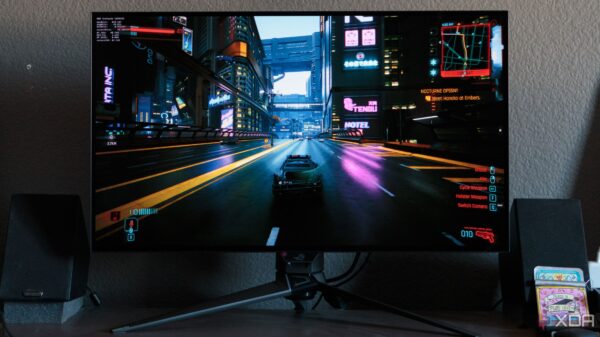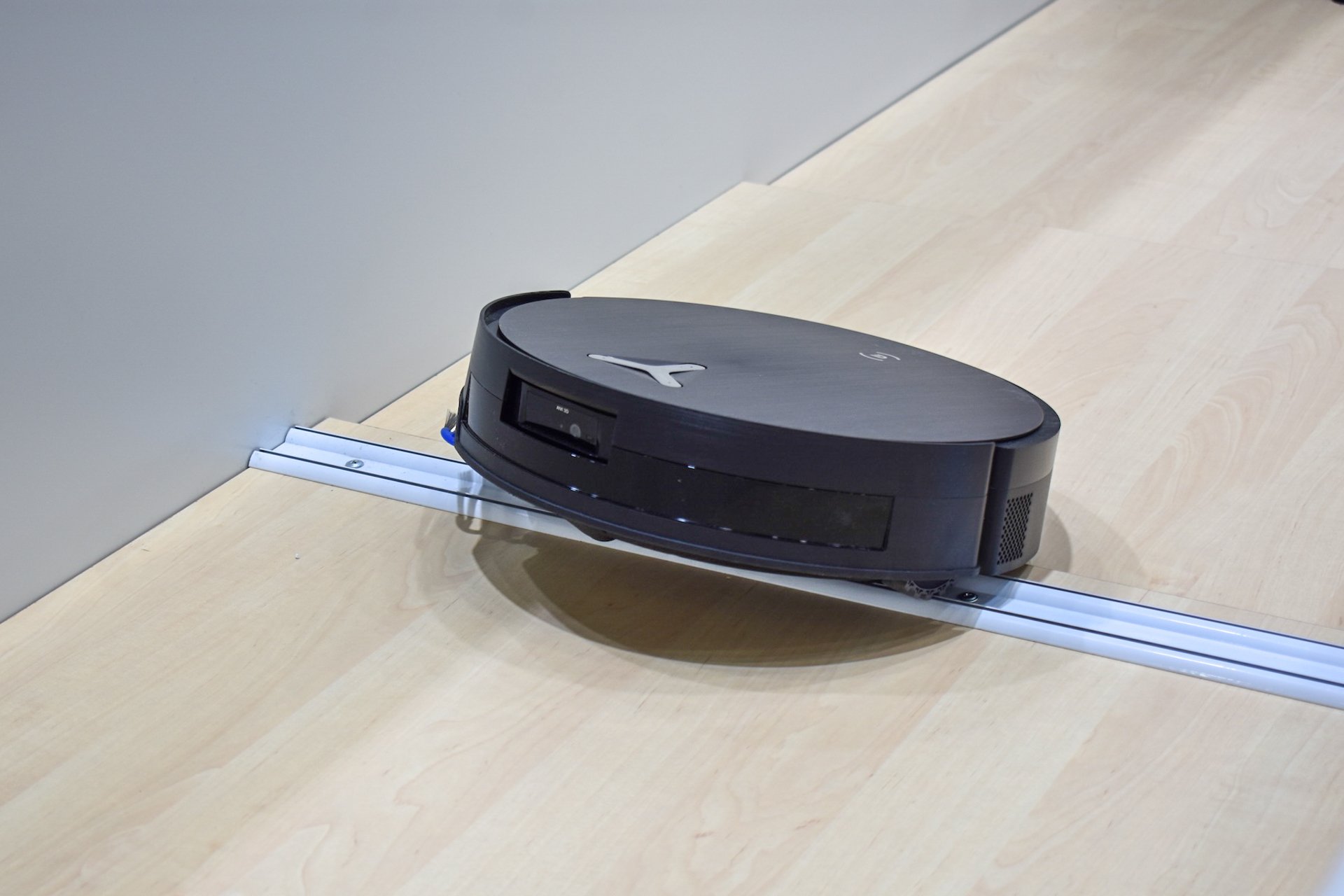During the recent IFA 2025 event, Ecovacs unveiled its new robot vacuum, the Deebot X11 OmniCyclone, boasting significant advancements in local AI technology. The company emphasized that much of the device’s artificial intelligence operates on-device, rather than relying heavily on cloud services. This innovation aims to ensure that the vacuum remains functional even without an internet connection.
To understand the extent of the Deebot X11 OmniCyclone‘s independence from cloud computing, I spoke with representatives from Ecovacs. Their claims suggest that the vacuum can identify messes and spills autonomously, determining the best cleaning method and even the appropriate mopping solution from its charging dock, which accommodates multiple options. This capability allows the vacuum to adapt its cleaning schedule based on user routines, evolving over time to better serve its owners.
One of the standout features is the AI assistant named Yika, which facilitates natural language commands. Users can issue broad requests, such as asking Yika to clean specific areas on designated days. While the representatives assured me of this functionality, I was unable to test it during the event. Nevertheless, the potential for voice-activated control adds an appealing layer of convenience.
Despite these advancements, the vacuum’s reliance on cloud connectivity presents limitations. Without internet access, many features become inaccessible, including remote control via the Ecovacs Home app, which is necessary for specific commands. In such scenarios, users would lose the ability to direct the robot or access cloud-stored videos of its cleaning activities. Notably, Yika, the generative AI assistant, is also cloud-dependent, meaning it would cease to function without an internet connection.
Ecovacs has introduced an alternative mode known as “Agent Hosting,” allowing users to switch the Deebot X11 OmniCyclone to an AI-only control setting. In this mode, the vacuum relies entirely on its onboard intelligence to manage cleaning tasks. Ecovacs claims the device can recognize over 100 categories of objects, including very small items like grains of sand. If users find that the vacuum performs well without app intervention, they may choose to forego using the app altogether.
The representatives expressed uncertainty regarding the future of AI voice assistants being entirely on-device. While the current functionality does not fully eliminate the need for cloud connectivity, it represents a significant step toward greater autonomy for smart home devices. The company’s proactive approach may pave the way for future innovations in home cleaning technology.
As the landscape of smart home devices continues to evolve, the Deebot X11 OmniCyclone illustrates a growing trend towards local AI solutions. If it performs as promised, it could redefine user experiences with robotic vacuums, offering more robust functionality even in the absence of stable internet connections. With technological advancements, the prospect of a fully autonomous smart home may be closer than previously imagined, though the path remains complex and dependent on continued innovation.







































































